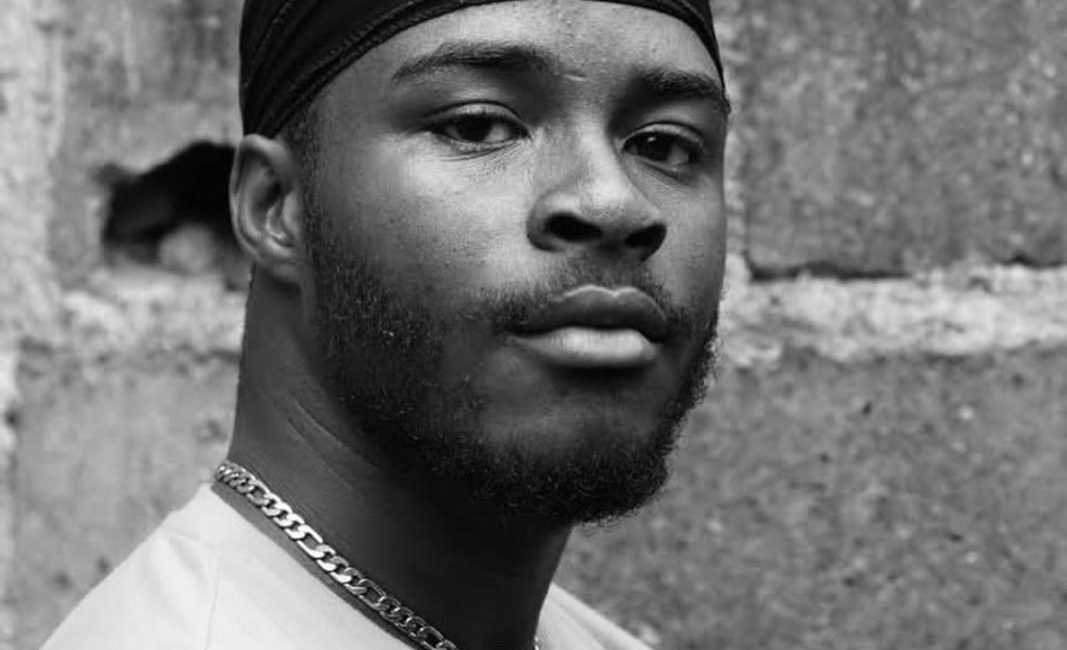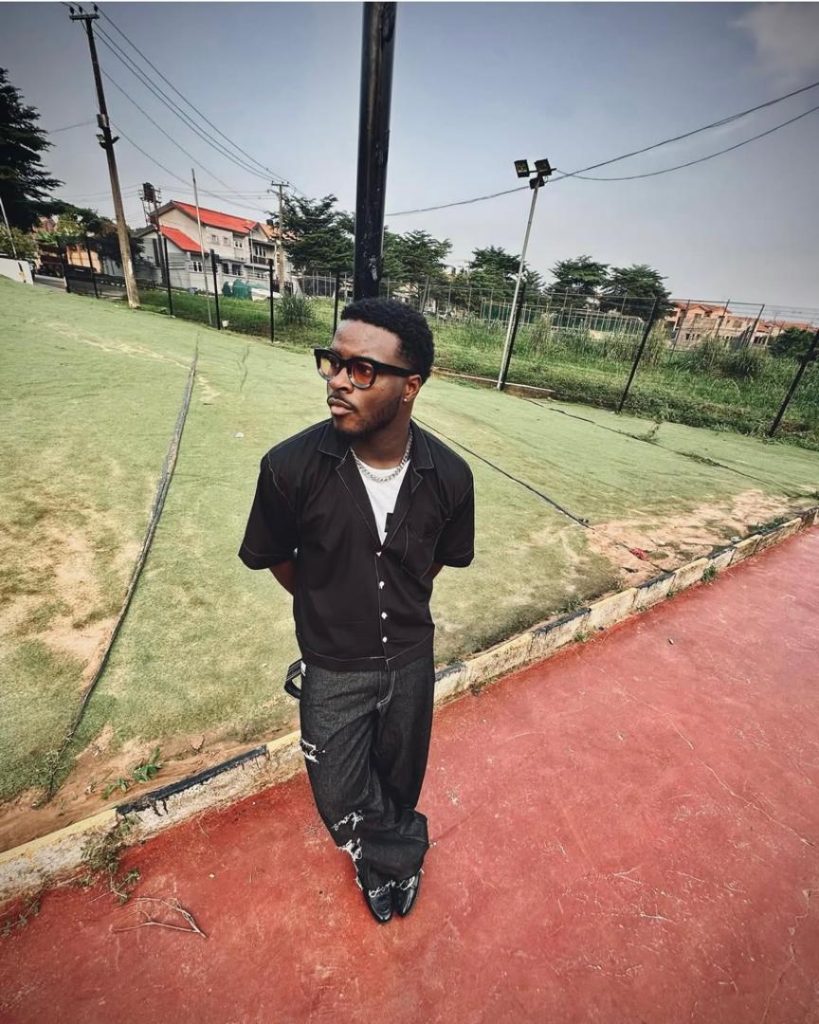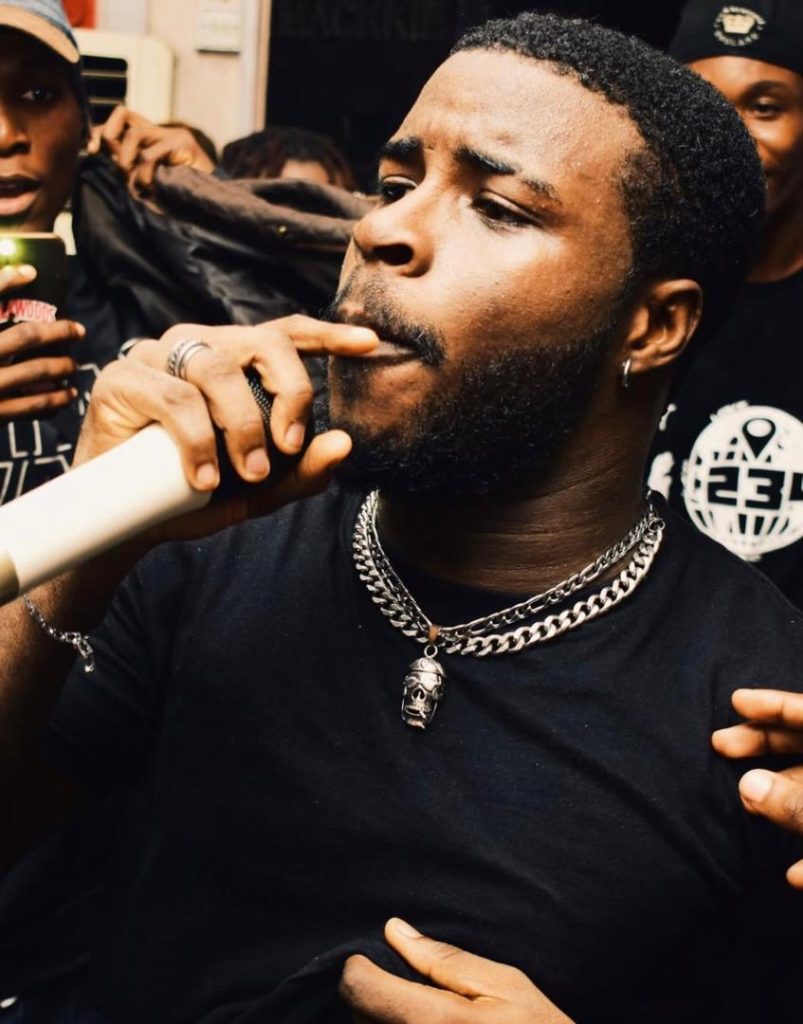
Fearless, Gritty, and Unstoppable is Daddyluwa ’s Hip-Hop Ascent.
The Nigerian rap scene is experiencing a renaissance, with emerging artists pushing creative boundaries while staying true to the genre’s roots. However, what truly sets fast-rising rappers apart are their cadence, rhyme schemes, bars, and rhythmic patterns. Within the Nigerian context, hunger, drive, and an almost obsessive determination for recognition define many up-and-coming acts. The best time to enjoy these artists is during their rise to stardom. The raw, unfiltered emotions, endless storytelling, and deeply personal experiences that shape their music. Rap battles and releases offer a glimpse into this journey, making it an exhilarating moment for fans of the genre.
Oreoluwa Boyejo, better known as Daddyluwa, is a fast-rising artist within the Nigerian hip-hop space. His discography is built on drill, a genre that embodies aggressive energy, threats to rivals, and street credibility. He also explores trap and hip-hop, which emphasize flexing success, women, and fame.
Additionally, his music features elements of braggadocio, where mid-track flow switches assert lyrical superiority. With heavy influences from American rap and UK drill, Daddyluwa hones his craft at the core of hip-hop. His lyrics are abrasive, allowing him to seamlessly transition between rap and drill. He has built a strong reputation on social media, particularly on Twitter. Where fire emojis flood his comment sections and fans pour their hearts out in salute to his artistry.

Daddyluwa has earned co-signs from platforms like Native, where he was featured in their UNCVR series spotlighting fast-rising artists. He has also gained recognition from Odumodublvck, the current face of Naija rap/drill. These endorsements highlight his growing influence in the industry. While his discography spans various hip-hop subgenres, Naija drill remains his standout forte. Projects like “Who” and “Girl Dem Crase” have been fan favorites and have been enough to sustain public interest and provide him with a platform for growth.
Daddyluwa’s baritone voice, hunger, devotion, and ruthless honesty set him apart. His deep, commanding vocal tone enhances his delivery, adding weight to his bars and intensifying the raw emotion in his music. It grants his verses a distinctive authority, ensuring his presence is felt on every track. While some argue that his sound leans too much towards his international rap influences, his strategic use of Nigerian slang and cultural references balances the equation, maintaining a sense of originality. Freestyling over viral beats has showcased his delivery, cadence, and responsiveness, but an original project would solidify his standing in the industry. If a new-generation Nigerian rap cypher were to emerge, Daddyluwa would undoubtedly deserve a spot on the roster.
A common critique of artists in this genre is their heavy international influences, which sometimes raise questions about originality. However, Daddyluwa, like many of his peers, counters this by incorporating Nigerian slang and referencing local experiences that resonate with home audiences. His 2023 release “Girl Dem Crase” exemplifies this, particularly in the line. “See olopa for my front, put that shit in reverse. They prolly goan ask me for money, but I no get shishi for them.” This lyric vividly reflects the reality for many Nigerians, highlighting both economic struggles and the abuse of power by law enforcement. The track also preserves the SoundCloud trap and drill culture, incorporating sampled female voice notes in the intro.

Following the introspective yet defiant energy of Girl Dem Crase, Daddyluwa doubled down on his rebellious stance with Respect. A chant of defiance against norms, a track that reinforced his unapologetic, street-heavy energy.
In 2025, he released his reply track “Lavestar,” a calculated response to the Okoya-Wavestar saga that further cemented his bold presence in the industry. The track directly responds to Wavestar’s attack on Sir Raheem, presenting an honest take on the braggadocious claim of being Grammy-qualified and the unfounded allegations against his creativity.
He called foul on Wavestar’s diss track with lines like, “Wavestar, leave all that shit in the vault. You said that nigga was ass, I look at you and see no difference at all.” By directly addressing Wavestar’s credibility and lyrical strength. Daddyluwa positions himself as both an enforcer of authenticity and a formidable opponent in the rap scene. With bold lyrics and a daring presence. He starts off strongly: “Yes, I no get respect, believe me if anybody step to me, believe he go collect.”
As he continues to refine his artistry, Daddyluwa’s command of storytelling, punchlines, and wordplay will determine how far he ascends in Nigerian hip-hop. To truly stake his claim among the genre’s greats, sharpening his writing and pen game will be just as crucial as his performance. With a growing discography and an undeniable presence, his trajectory signals not just promise, but inevitability. He is part of the next wave of Nigerian hip-hop’s evolution.